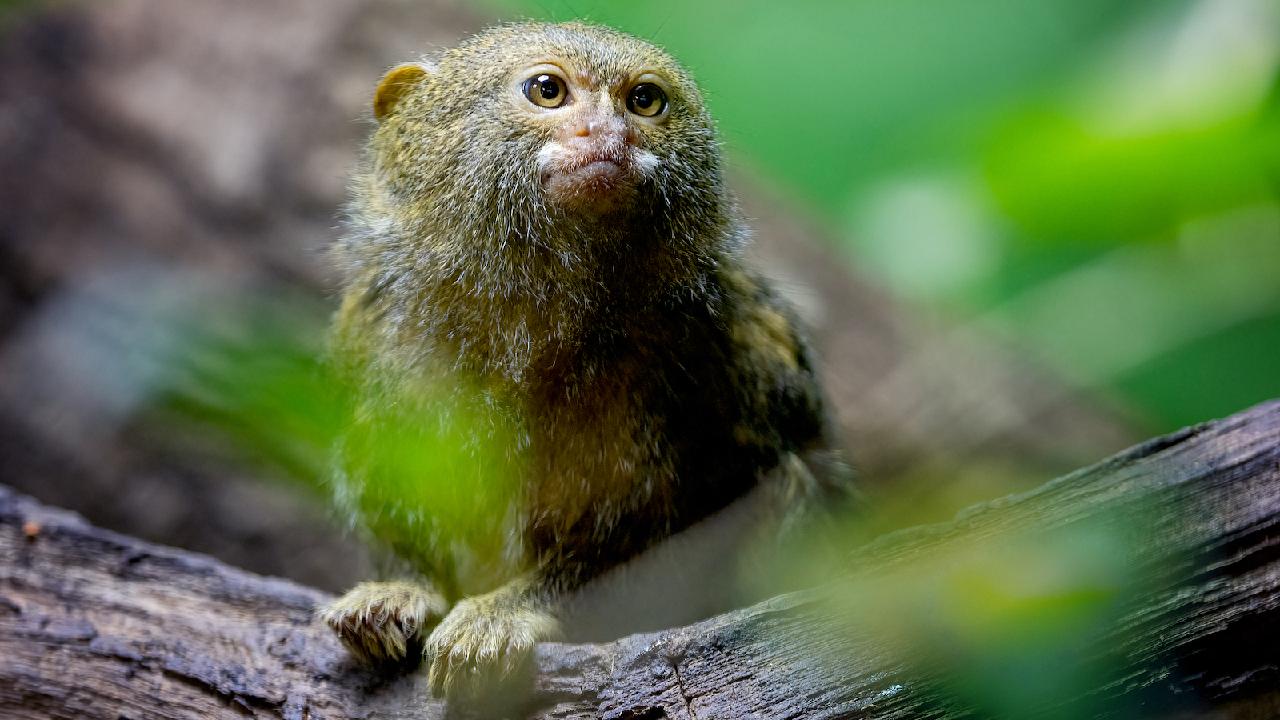Public Funding Halts for Nature Conservation at COP16
Public funding for nature conservation has reached an impasse at COP16.

At the 16th meeting of the Conference of the Parties to the UN Convention on Biological Diversity held in Cali, Colombia, countries were unable to agree on strategies to mobilize $200 billion annually for conservation funding by 2030, which includes a targeted $30 billion from affluent nations.
This pledged funding was made two years ago as part of the significant Kunming-Montreal Global Biodiversity Framework agreement, intended to support initiatives that enhance nature, such as sustainable agriculture and wildlife reserve management.
However, the talks stalled without achieving a consensus, even as they extended past the summit's original conclusion on Friday, causing many delegations to leave. By Saturday morning, a roll call revealed a lack of quorum among the nearly 200 participating nations, leading organizers to suspend the meeting abruptly.
Human activities—including agriculture, mining, and urbanization—are pushing natural ecosystems to the brink, with approximately 1 million plant and animal species at risk of extinction. Additionally, climate change, fueled by fossil fuel consumption, exacerbates these challenges by increasing temperatures and disrupting weather patterns.
Countries are scheduled to reconvene in Azerbaijan next week for the UN's COP29 climate summit, where discussions will pivot back to the urgent need for financial support from wealthier nations for their less affluent counterparts to manage climate impacts.
Even prior to the breakdown of negotiations, developed nations had demonstrated hesitance to commit substantial funds. European governments, such as Germany and the Netherlands, have significantly reduced their foreign aid budgets over the past year, with France and the United Kingdom also making cuts.
According to the Organisation for Economic Co-operation and Development, government development funding specifically aimed at global nature conservation shrank to $3.8 billion in 2022 from $4.6 billion in 2015.
At COP16, UN Secretary-General Antonio Guterres urged countries to make significant new commitments to the Global Biodiversity Framework Fund, but the response was tepid. Nations at COP16 collectively pledged $163 million to the fund, bringing total contributions to about $400 million—well short of the $30 billion goal for 2030.
The United States, which is not a participant in the UN Convention on Biological Diversity, has refrained from contributing. A U.S. State Department spokesperson stated that the country supports the convention and is actively involved in implementing the Kunming-Montreal agreement. The U.S. has reportedly provided nearly half a billion dollars annually since the 2022 nature summit for international biodiversity initiatives through various means.
When addressing the pursuit of private capital, delegates at the COP16 summit endorsed a strategy to charge pharmaceutical and other companies for their use of genetic information in the development of new commercial products. An AstraZeneca spokesperson noted the company shares concerns raised by an industry association that such payments may hinder innovation, delay research and development, and create legal ambiguities.
Pharmaceutical companies Pfizer, Merck, and Sanofi did not respond to inquiries regarding the proposed deal.
Experts estimate that this strategy could yield approximately $1 billion annually. However, this amount still falls short of the billions needed to stop the decline of ecosystems like the Amazon rainforest and coral reefs. There is a pressing need for innovative methods to attract private investment in environmentally sustainable projects, according to Marcos Neto, director of global policy at the UN Development Program.
Potential tools for this purpose include green bonds and debt-for-nature swaps, which allow countries to refinance their debt at reduced interest rates, directing the savings towards conservation efforts. The World Economic Forum estimates that debt-for-nature swaps could potentially generate $100 billion for nature conservation funding.
Mark B Thomas for TROIB News
Find more stories on the environment and climate change on TROIB/Planet Health












